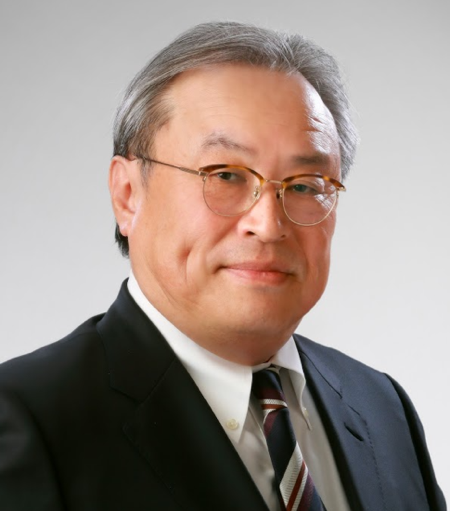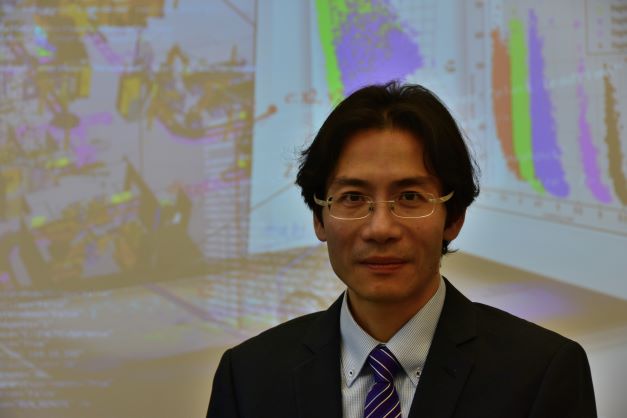|
|
|
Keynote speakersProfessor Tetsuo Sawaragi:
Tetsuo Sawaragi is a professor in the Dept. of Mechanical Engineering and Science at Kyoto University's Graduate School of Engineering. He received his B.S., M.S. and Ph.D. degrees in Systems Engineering from Kyoto University in 1981, 1983 and 1988, respectively. From 1991 to 1992, he was a visiting scholar in the Dept. of Engineering-Economic Systems of Stanford University. In addition to his professorship, he has been engaged in a position of Dean, Graduate School of Engineering, Kyoto University from 2021 to present and a member of Science Council of Japan (SCJ) from 2017 as well as a Fellow of SICE (The Society of Instrument and Control Engineers, Japan). He is currently Vice-Chair of TC 4.5 on Human-Machine Systems (2011~) of IFAC. In the past, he was in charge of President of SICE, President of Human Interface Society, Japan, and President of ISCIE (The Institute of Systems, Control and Information Engineers, Japan). Tetsuo Sawaragi has been engaged in the researches on Systems Engineering, Cognitive Science and Artificial Intelligence, particularly in the development of human-machine collaborative systems including human-machine interface design, human-robot collaboration design, usability analysis of human-computer interactions, and design of human-centered automation for smart manufacturing. His recent main interests are on the design/analysis/evaluation of the socio-technical systems, in which technological, human and organizational factors are interrelated with each other, and on their risk management for establishing resilience against the external disturbances and internal variabilities. His interests are extended towards building a rich aging society model using data-centric design methodologies for establishing the “Data–Knowledge–Experience” cycle, including the development of measurement technologies for field workers' ability (cognition, judgment, operation) and contextual data for work support towards realizing human-centered work systems. His interests also cover interaction analysis between a human driver and a traffic environment, between a human driver and a driver-assistant system, and measurement of a driver's mental workload in partial autonomous driving.
Professor Amos Ng:
Amos H.C. Ng is a Professor of Automation Engineering at the University of Skövde, Sweden. He is also a visiting professor in the Division of Industrial Engineering and Management at Uppsala University, Sweden, and the CEO of Evoma AB. He holds a Ph.D. degree in Computing Sciences and Engineering from De Montfort University, Leicester, UK. He is also a chartered engineer and a member of IET in the UK. Since 2005, he has been conducting research and teaching in Factory Physics, production simulation, and simulation-based optimization, particularly the applications of multi-objective simulation optimization for production systems design, analysis, and improvement. The technology and software he developed with his team, which use an integration of multi-objective optimization and data mining to help companies not only seeking optimal solutions but gaining a deeper understanding of the systems under design/improvement for confident decision-making, have earned him a Volvo Car Technology Award in 2013 and two best conference paper awards (Sweden and Italy) in 2012-13. His current research focus lies in combining multi-disciplinary simulations and AI-based prescriptive analytics for supporting decision-making in manufacturing/supply-chain/health-care domains. In conjunction with this is his leading role as the principal investigator of the profile project at the University of Skövde, called Virtual Factories and Knowledge-Driven Optimization, which started in 2018 and will last till 2026, with the collaborations of many major manufacturing firms in Sweden. Currently, he is also the chairman of the Swedish Production Academy, SPA.
|




